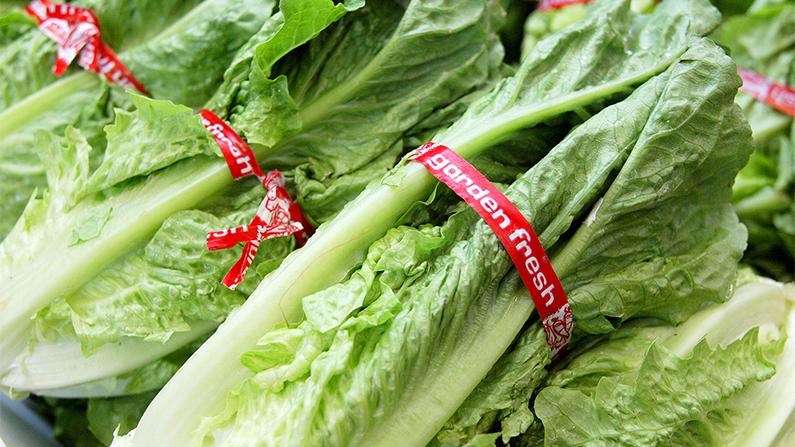A Michigan-based lettuce company is recalling products due to concerns of potential contamination by Listeria monocytogenes bacteria known to cause serious and even fatal infections among vulnerable populations.
On April 5, Revolution Farms from Caledonia, Michigan, announced a voluntary recall of certain products packed between March 3 and March 11 owing to contamination concerns.





